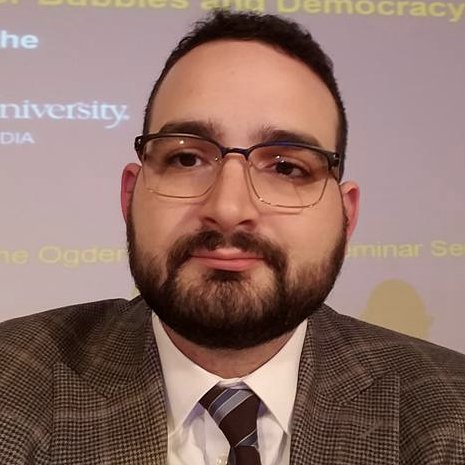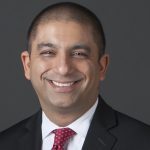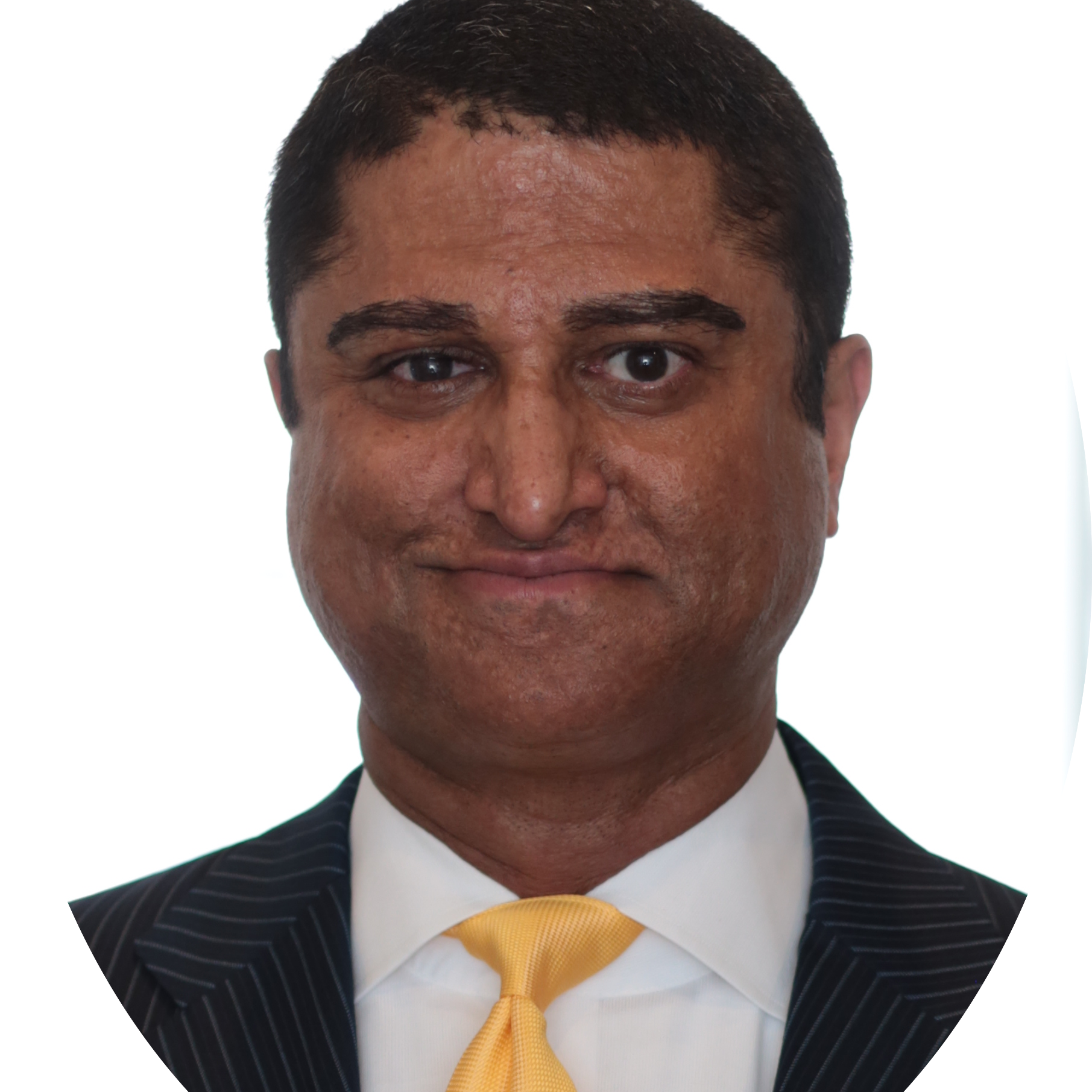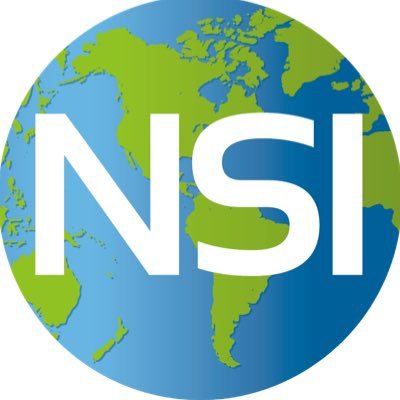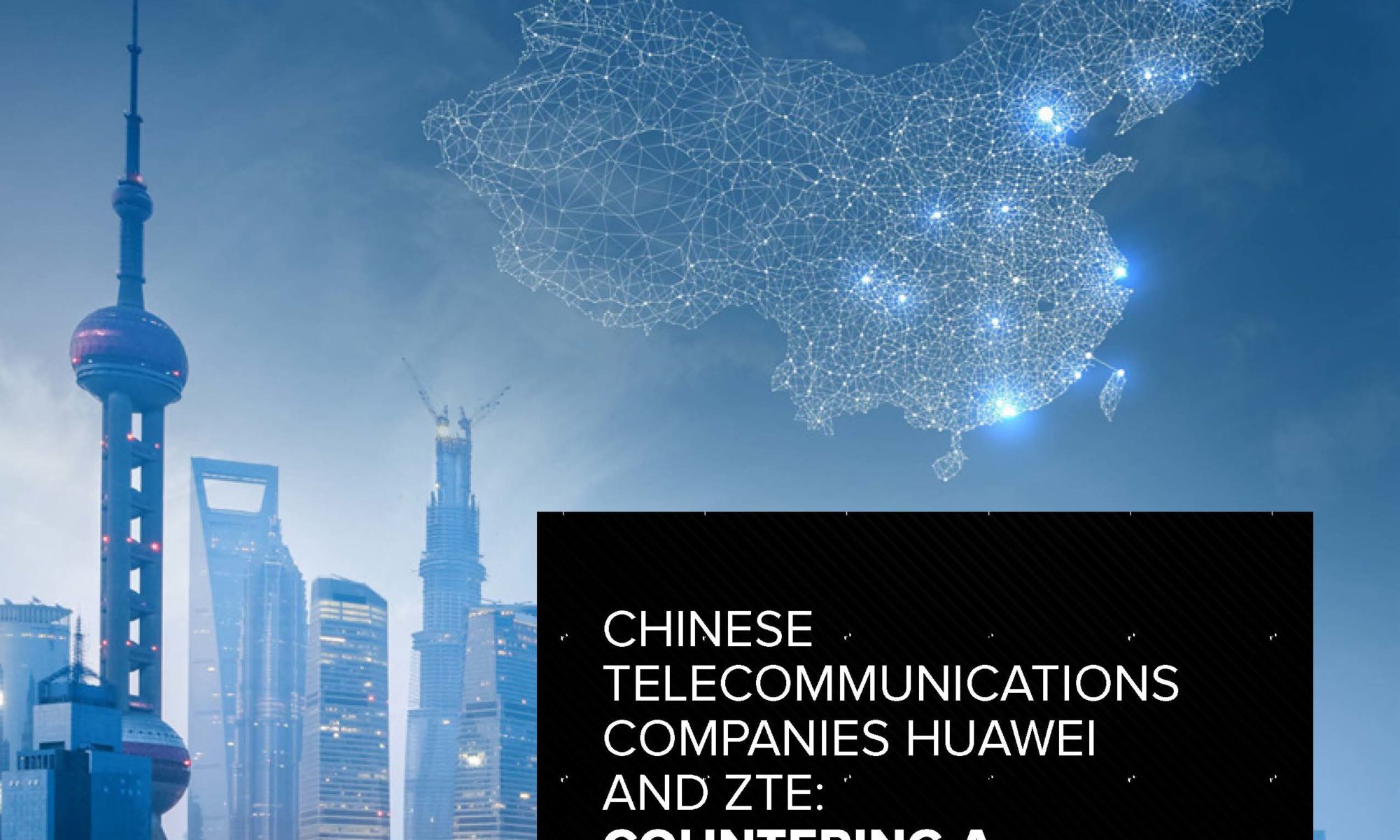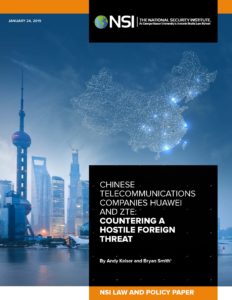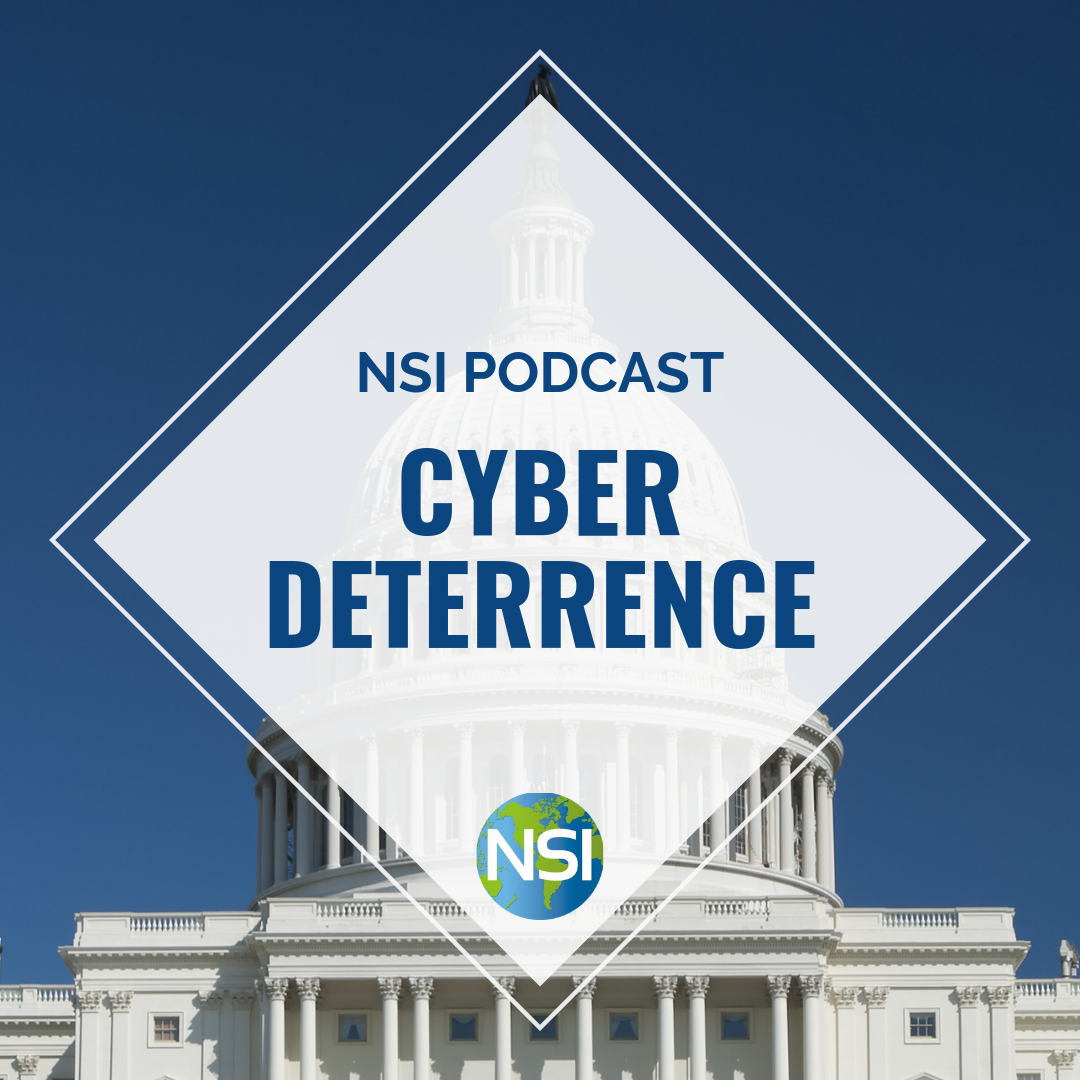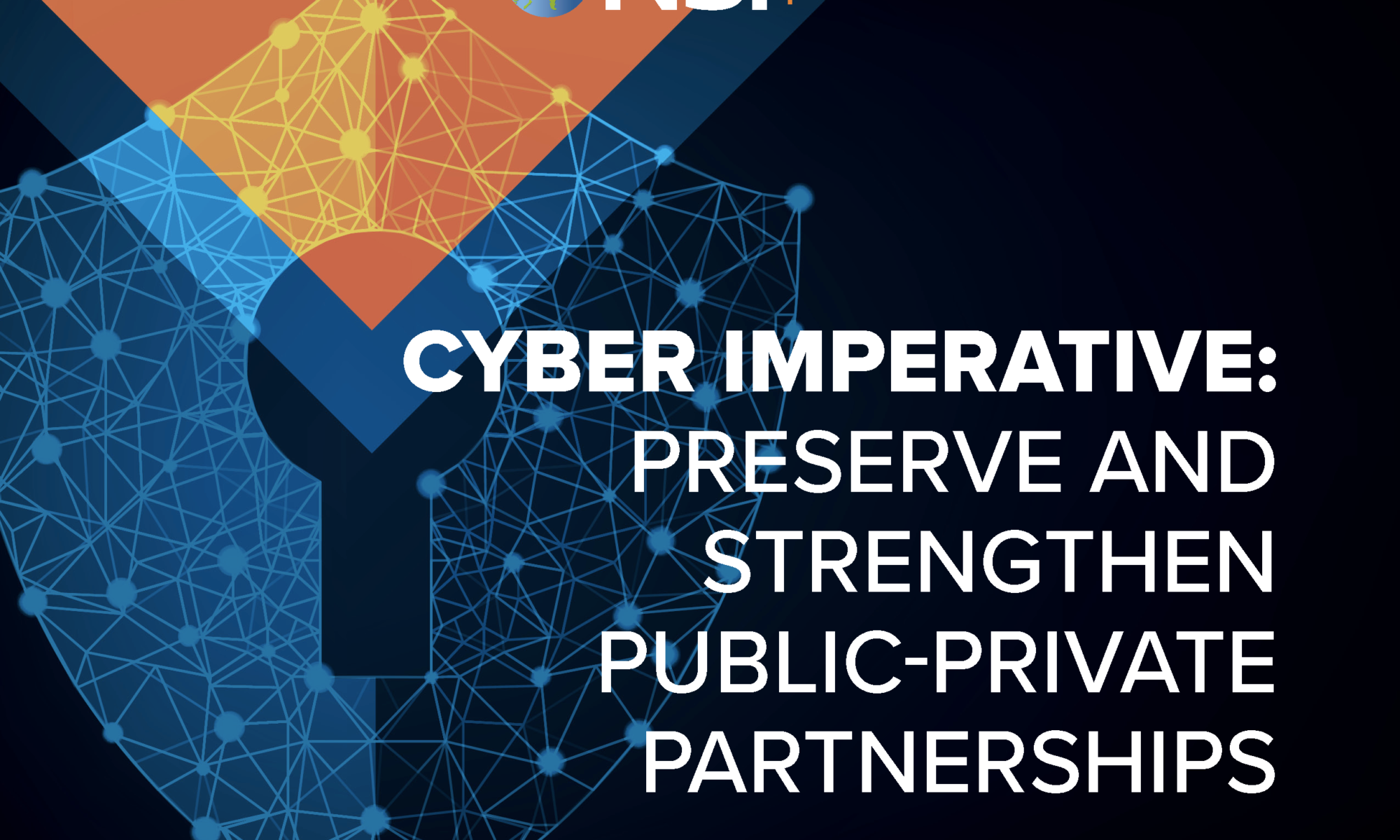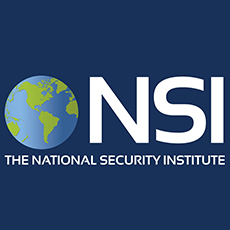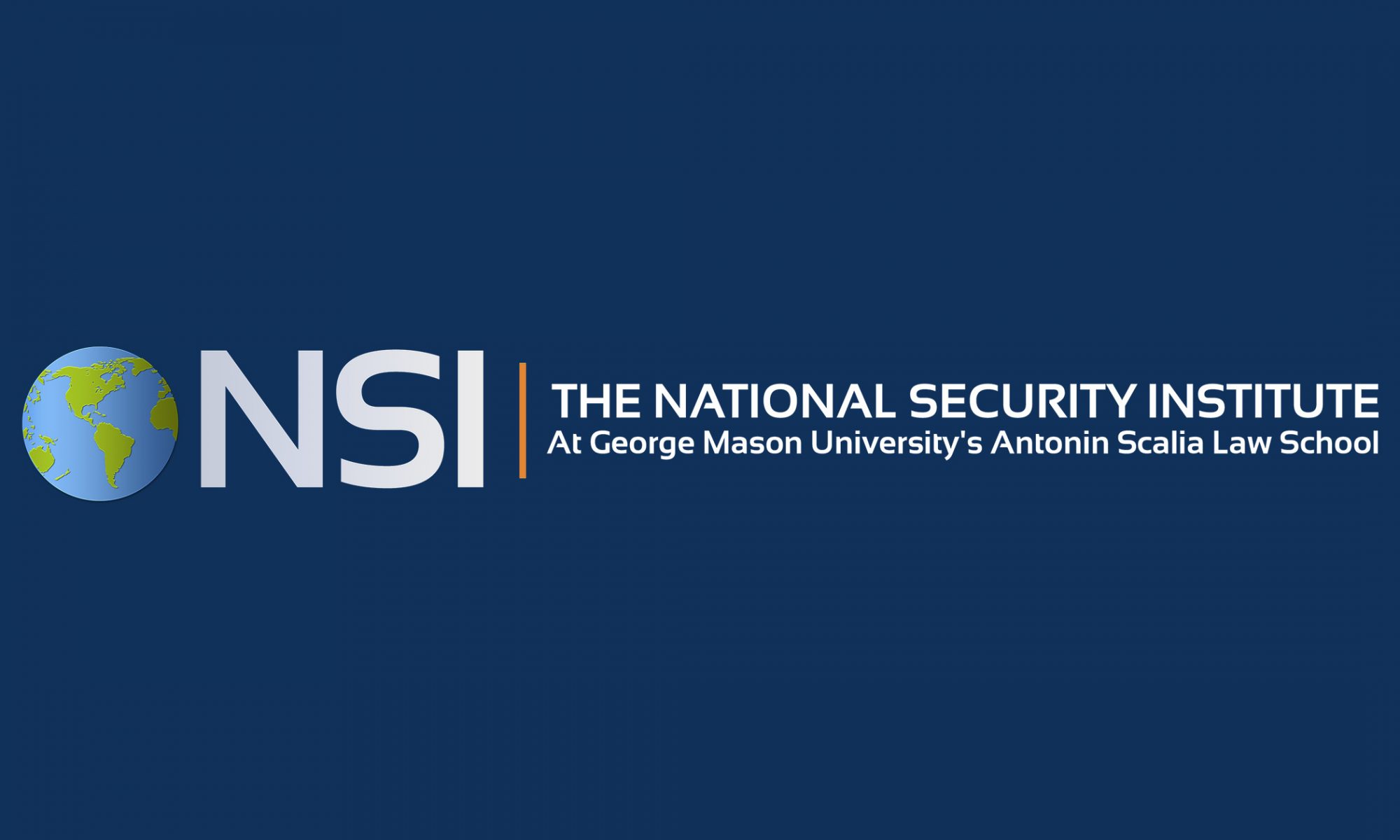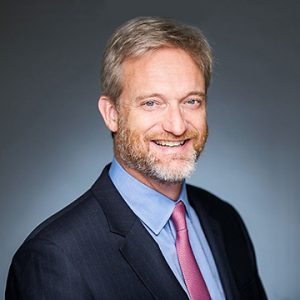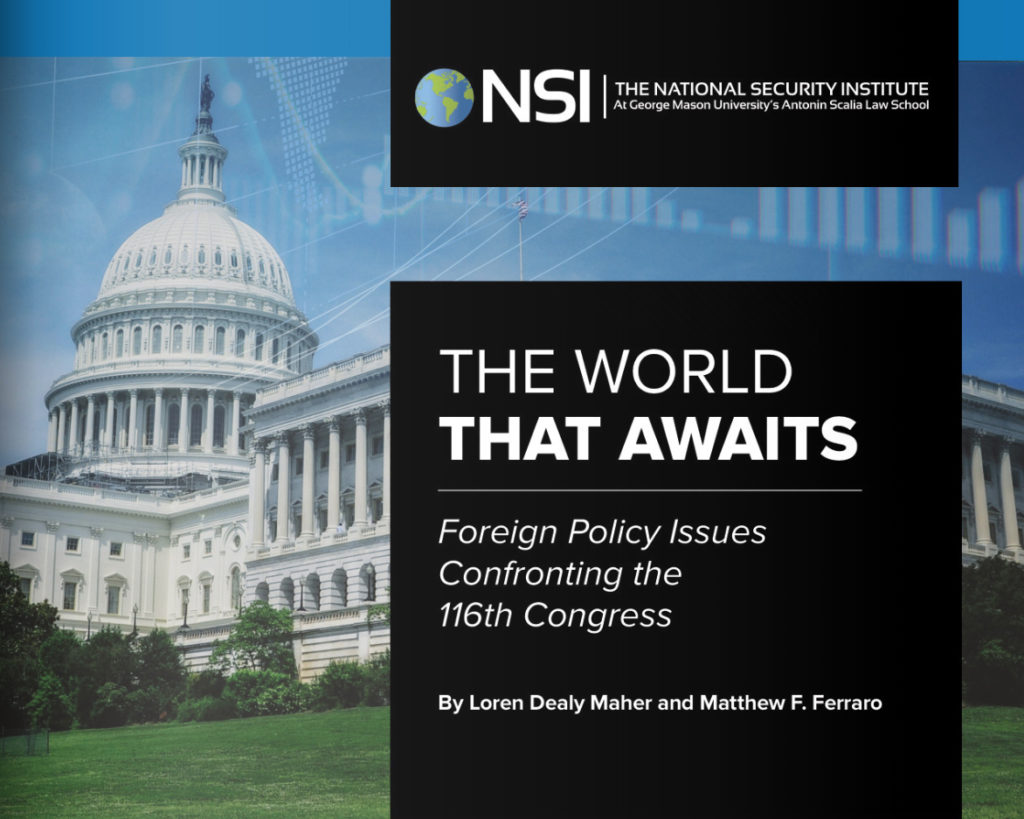
This NSI Law and Policy Paper:
- Introduces the immediate challenges found in Africa, the Americas, Asia, Europe, and the Middle East that are making headlines today and considers how these issues contribute to the larger picture of global affairs in 2019.
- Addresses recent developments that are driving policy decisions confronting the 116thCongress.
- Anticipates the key questions that Congress will need to consider for these regions in the coming year.
The authors highlight the top considerations for the 116th Congress:
- Africa: How will Congress weigh-in on the administration’s efforts to balance between ongoing counterterrorism efforts, new development priorities, and the need to counter China’s growing economic advantage across the continent?
- Americas: Will Congress approve NAFTA’s replacement, the United States-Mexico-Canada Agreement, and how will it respond to the dramatic geopolitical shifts at play in Brazil and Venezuela?
- Asia: Can Congress work with the administration to create a bipartisan grand strategy to address the rapidly expanding geopolitical rivalry with China, and will it support the administration’s negotiations with North Korea?
- Europe: How should Congress respond to the administration’s NATO policy, the grinding gears of Brexit, and the continued threats posed by Russia?
- The Middle East: How will Congress respond to the administration’s decision to reduce U.S. military presence in Syria and Afghanistan? Will it reconsider the U.S.-Saudi relationship? How far will the U.S. take its “maximum pressure” campaign against Iran, and how should it respond if Iran ends its adherence to the nuclear deal?
Please see NSI’s full policy paper HERE.
About the authors:
Loren Dealy Maher is a Visiting Fellow at NSI and is the President at Dealy Mahler Strategies. She is a strategic leader with high-level government and private sector experience across national security, strategic communications and crisis management.
Matthew F. Ferraro is a Visiting Fellow at NSI and is a Senior Associate at WilmerHale. He is a former intelligence officer who writes widely on national security and legal issues.

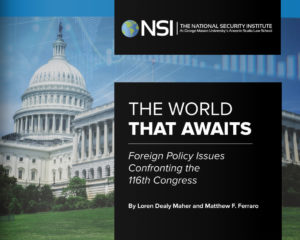
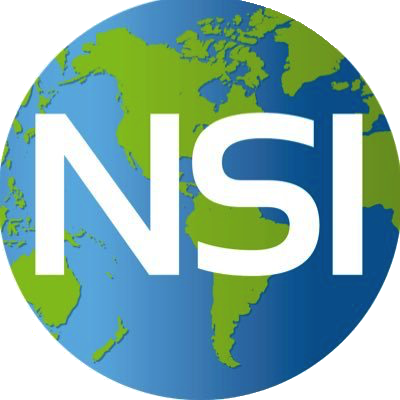
 Megan L. Brown
Megan L. Brown